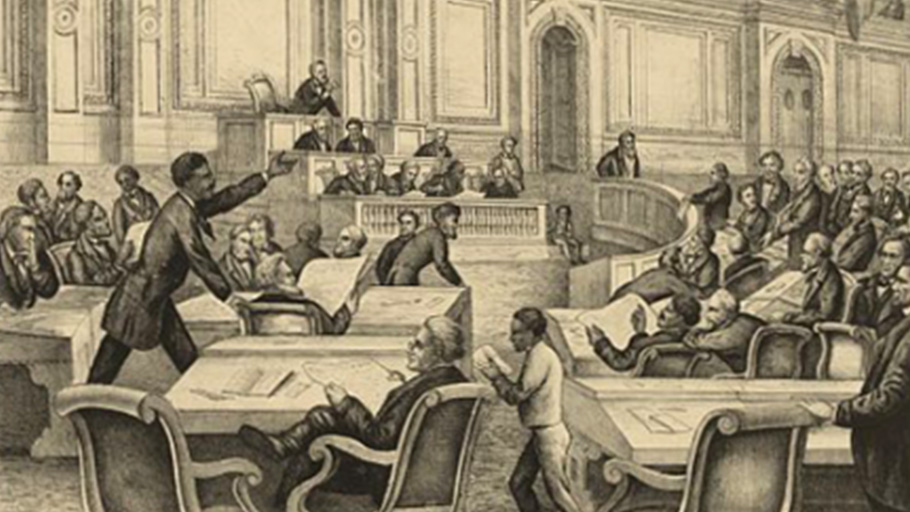
Recalling a time when the empowerment of the most oppressed in our society paved the way for other social struggles also gives weight to today’s slogan that all lives will…

Recalling a time when the empowerment of the most oppressed in our society paved the way for other social struggles also gives weight to today’s slogan that all lives will…
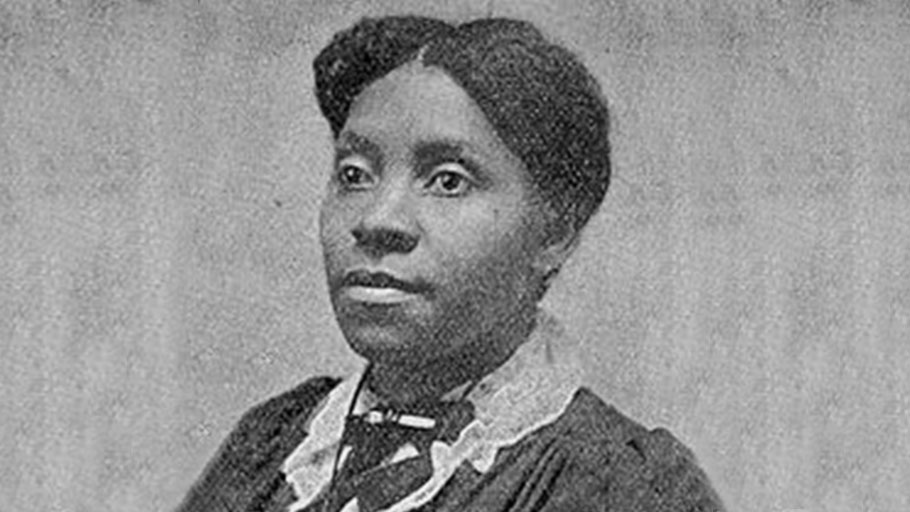
This episode delves into the extraordinary life of reparations advocate Callie House. Despite her status as a former slave, a woman, and a widower with five children, Callie House defied…
To expand their wealth, the Portuguese set up the slave trade, in which Africa was the centre. Filmmakers: Daniel Cattier, Juan Gelas and Fanny Glissant — At the end of…
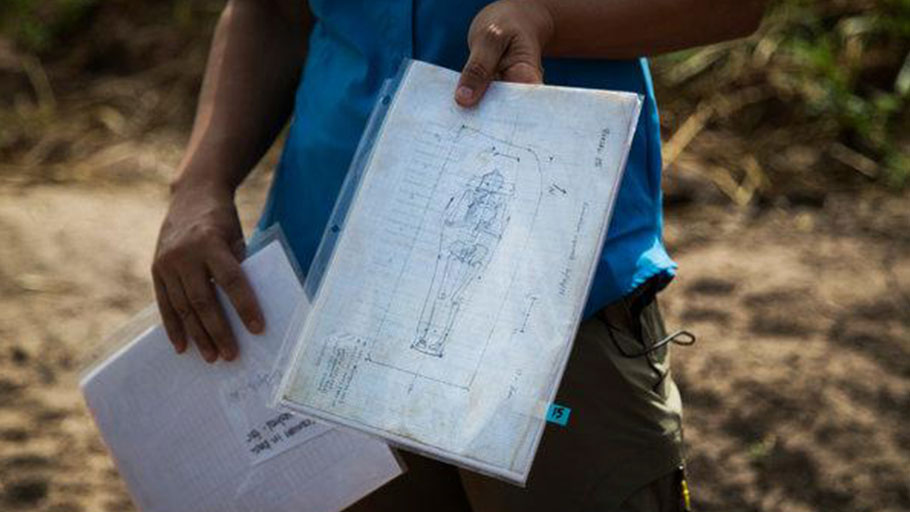
A drawing of one of the burials discovered at the site of the James Reese Career and Technical Center in Sugar Land, Tex. An African-American burial ground recently unearthed in…
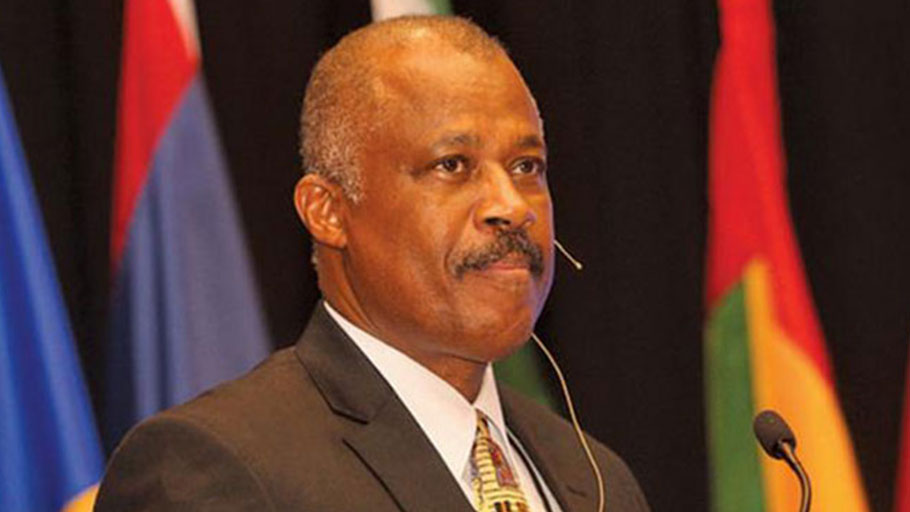
By Professor Sir Hilary Beckles — Emancipation Day Message We join annually with communities across the world in marking the moment in which the crime of chattel enslavement was confronted…
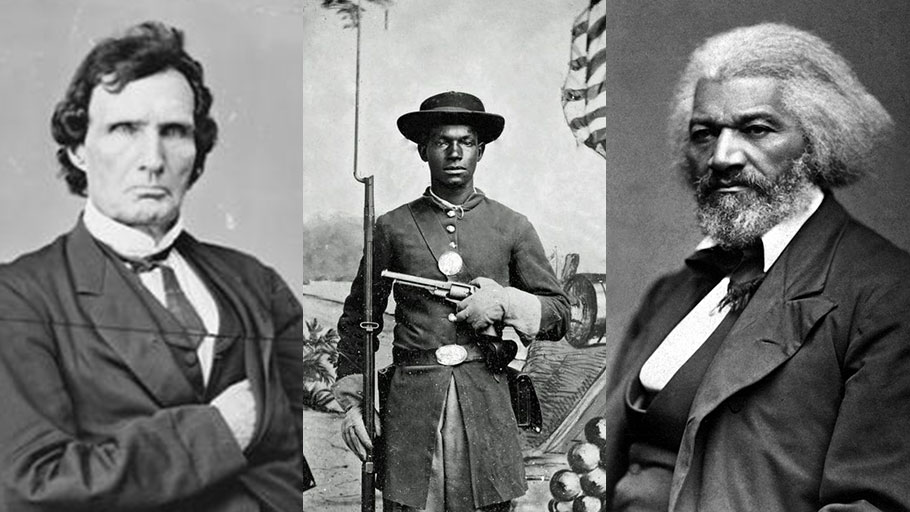
The ratification of the Fourteenth Amendment marked a turning point in U.S. history. Yet 150 years later, its promises remain unfulfilled. By Robert Greene, Dissent — The ratification of the Fourteenth Amendment on July 9, 1868 was a turning point in United States history. Arriving at the height of Reconstruction, the amendment marked the first time the U.S. Constitution explicitly addressed the question of who qualified as an American citizen.…
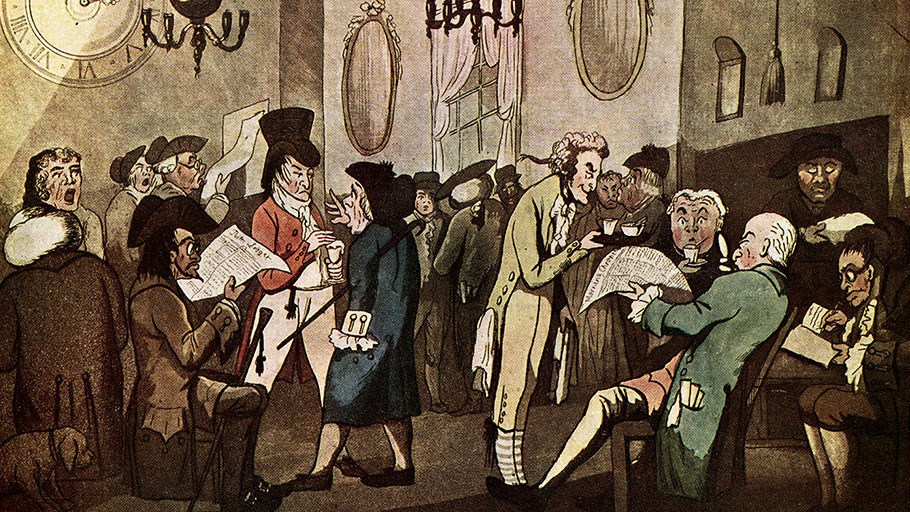
Centuries before two Black men were arrested at a Philadelphia Starbucks, capitalists met at coffee shops to profit from the transatlantic slave trade. By Tasha Williams, Yes Magazine — An 18th-century ad tells us that a dozen or so men, women, and children of African heritage were scheduled for buyer’s inspection one Saturday, just outside the entrance of the London Coffee House in Philadelphia. The Stamp Act protests and other famous anti-British…
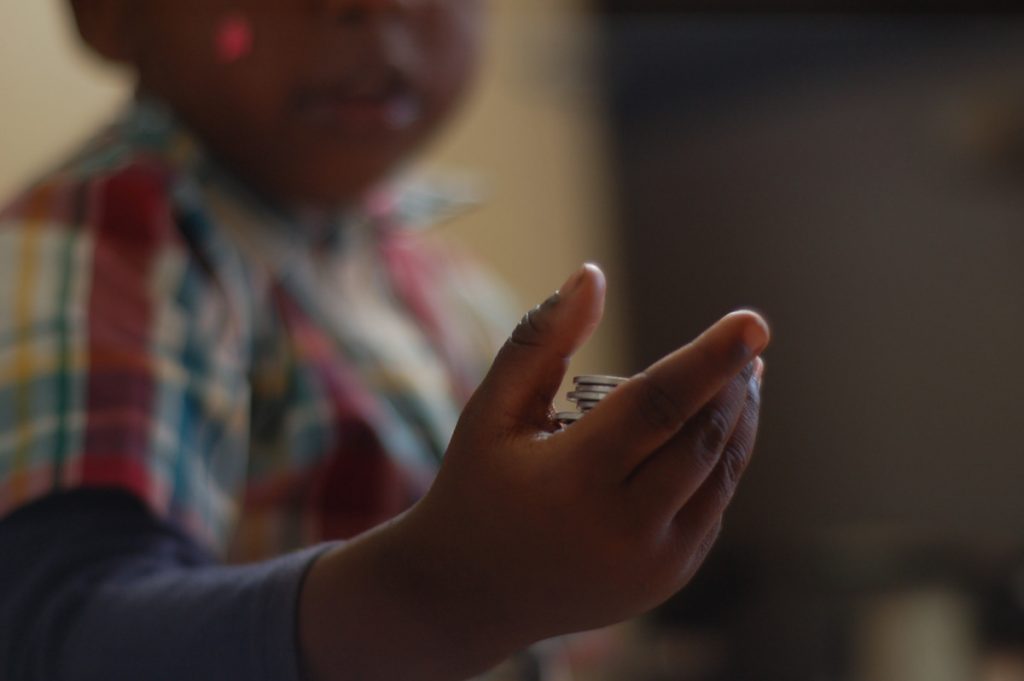
By Adam Hudson, Truthout — It’s no secret that, as the saying goes, “The rent is too damn high.”Across the nation, housing is becoming increasingly expensive for many Americans. But the story of the present-day housing crisis is not just a story of rising rents; it’s also a story of systemic racism. Today’s rising housing prices exacerbate the racial wealth gap in the US by making it more difficult for Black…
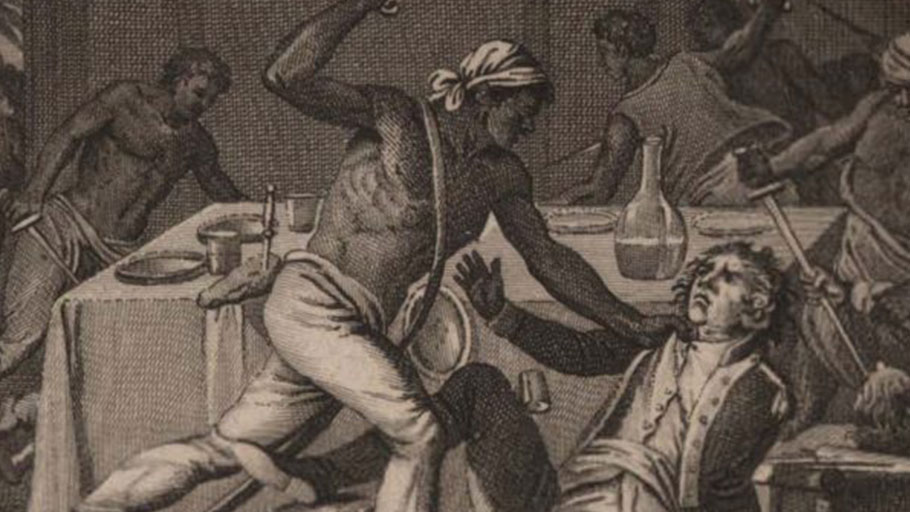
The revolt of the Anglo colonists was more than an independence movement—it was, in word and deed, a counter-revolution against the advancing trend of human liberation that was sweeping the…
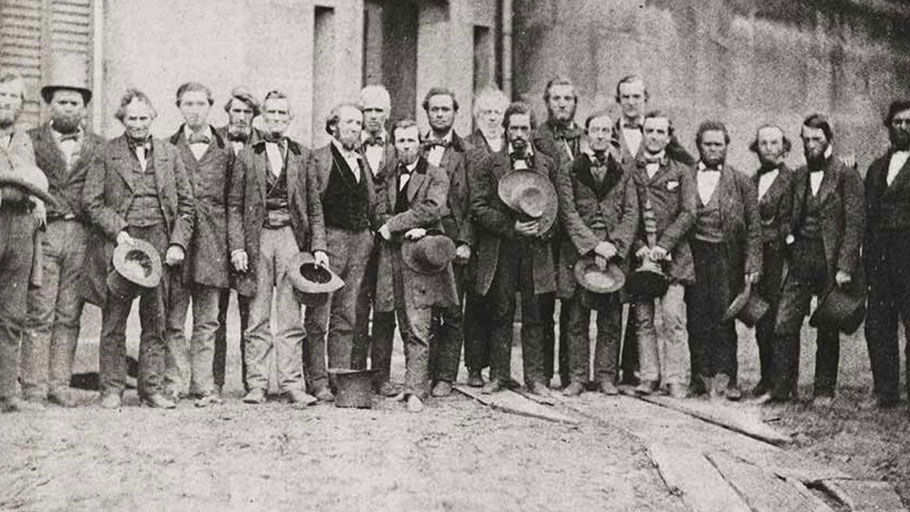
By Steven Lubet, The Conversation — President Donald Trump has exercised the pardon power more aggressively and creatively than most of his predecessors, granting pardons to political supporters such as Joe Arpaio and Dinesh D’Souza, and a posthumous pardon to Jack Johnson, the first black heavyweight champion, who was convicted on a racially fraught charge of violating the Mann Act. Trump has mused about pardoning former Illinois Gov. Rod Blagojevich, as well as Robert Mueller’s probe…

African Demands for Freedom During the American Revolution Was the American Revolution Fought to Save Slavery? By Heather Gray — Preface Today, July 4, is when Americans celebrate their independence…
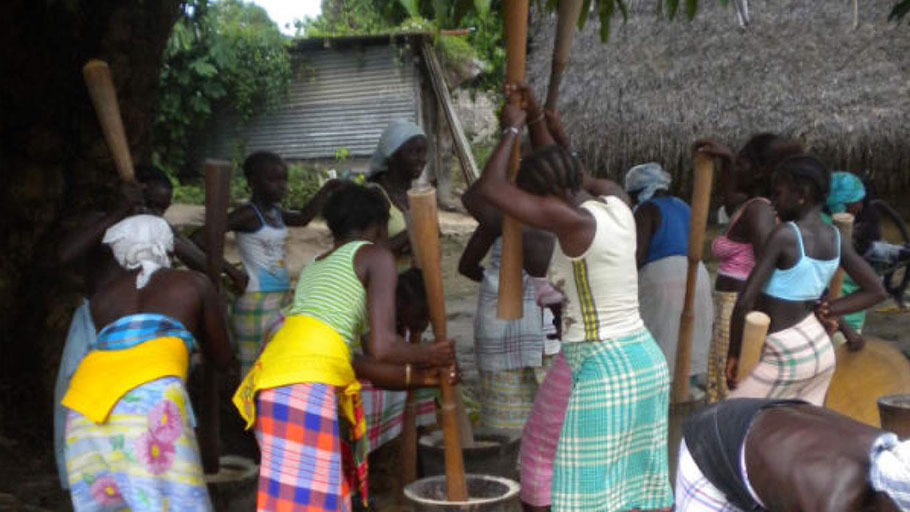
By Ray Chickrie — Today, July 1, Suriname celebrates the 155th anniversary of the end of slavery, emancipation or Keti Kota. It is also known locally as Maspasi. Slavery came to an end in 1863 in Suriname, but prior to that enslaved Africans waged wars of liberation and freed themselves from bondage (Maroons) and signed treaties with the Dutch. The Netherlands signed peace treaties with the Nyduka (Akkan) in 1760,…